 I dropped in to a bar on Polk Street last night when the weekly pub quiz was in full flight. I’ve played a couple of quizzes in bars in my time, but it wasn’t until I experienced this is as a sort of semi-player, semi-viewer, that I really got to appreciate how lively these kinds of events are from a cultural perspective.
I dropped in to a bar on Polk Street last night when the weekly pub quiz was in full flight. I’ve played a couple of quizzes in bars in my time, but it wasn’t until I experienced this is as a sort of semi-player, semi-viewer, that I really got to appreciate how lively these kinds of events are from a cultural perspective.
My friends and I arrived at Blur Bar too late to actually participate in the establishment’s “Trivia Night” as an official team. Nevertheless, we hung out, drank and answered the questions anyway. Here’s what I appreciated about the event:
1. Coming up with a catchy name for your team requires creative effort. “Hardly Strictly Geniuses” (named after the Hardly Strictly Bluegrass festival happening in Golden Gate Park this weekend) was my favorite of last’s night’s selection.
2. People in the same team often synchronize outfits. The members of one team were all wearing blue t-shirts, which I thought was a nice touch.
3. The questions are challenging and you have to pool all your resources as a team to figure the answers out. I led my friends astray by naming the daffodil as the totem that St. David used to lead his Welsh troops, when in fact it was the leek. I should have engaged them in a discussion about it instead of cockily thinking I had the right answer.
4. The rounds are separated by fabulously cheesy pop music. There is lots of time for relaxation, drinking and chatter.
5. The event inspires strangers to talk to each other in a much more engaged way because everyone has the trivia challenge in common. I heard several conversations along the lines of “did you get the answer to question 5? That was hard” going on around me.
6. Pub quiz culture refreshingly inspires an honor code. I only once saw an iPhone in use. That was when my friend decided to do an image search for Etta James during the picture round. His excuse was that we weren’t participating officially.

 I was chatting with the executive director of a prominent music ensemble over coffee the other day. Her group often performs concert programs in Berkeley but, unusually, no East Bay performances were scheduled for the ensemble’s recent program of concerts.
I was chatting with the executive director of a prominent music ensemble over coffee the other day. Her group often performs concert programs in Berkeley but, unusually, no East Bay performances were scheduled for the ensemble’s recent program of concerts.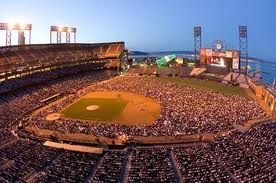
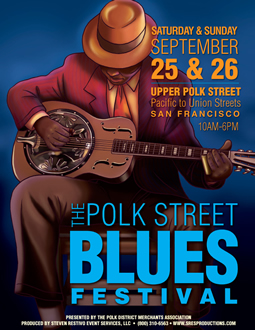 Days like I had on Saturday remind me of the sheer joy of living in this part of the world. There is no other place quite like it for off-the-radar cultural encounters and non-everyday experiences.
Days like I had on Saturday remind me of the sheer joy of living in this part of the world. There is no other place quite like it for off-the-radar cultural encounters and non-everyday experiences.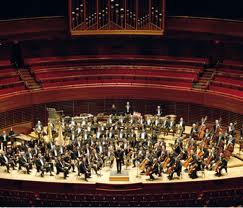 Last night at the
Last night at the 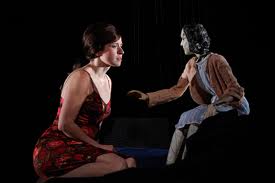 A great playwright is like a puppet master: He or she subtly pulls the strings of character and action to make life seem larger than it is in reality. Ideally, he or she resides in the shadows and the puppet/play itself takes center stage.
A great playwright is like a puppet master: He or she subtly pulls the strings of character and action to make life seem larger than it is in reality. Ideally, he or she resides in the shadows and the puppet/play itself takes center stage.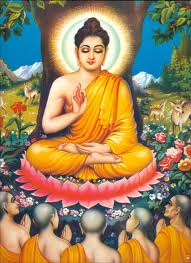 …Why isn’t it ever any good?
…Why isn’t it ever any good?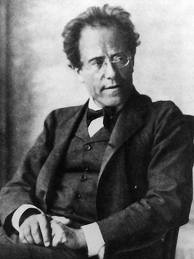 A few days ago, the rules that govern the selecting of repertoire for an orchestral season came up for discussion at a dinner party with a couple of friends, one of whom happens to be the music director of a symphony orchestra.
A few days ago, the rules that govern the selecting of repertoire for an orchestral season came up for discussion at a dinner party with a couple of friends, one of whom happens to be the music director of a symphony orchestra. The culture column of the Bay Area section of the New York Times, which I write every two weeks, had been a bit of a moving target content-wise since I started the gig nearly a year ago. I’m often asked by arts organizations and independent PR people what kind of stories my editors and I are looking for on the culture front. Here are some pointers to help anyone who feels like pitching me:
The culture column of the Bay Area section of the New York Times, which I write every two weeks, had been a bit of a moving target content-wise since I started the gig nearly a year ago. I’m often asked by arts organizations and independent PR people what kind of stories my editors and I are looking for on the culture front. Here are some pointers to help anyone who feels like pitching me: Watched the second installment in what’s beginning to look like a fab series of educational films about the works of William Shakespeare.
Watched the second installment in what’s beginning to look like a fab series of educational films about the works of William Shakespeare. 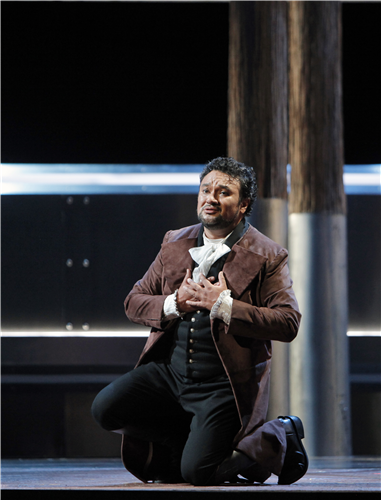 Werther, the central character in Jules Massenet’s four act opera of the same title based on The Sorrows of Young Werther by Goethe is an emotional yo-yo. He experiences soaring highs and wallowing lows. If he were alive today, medics would brand him as being bipolar.
Werther, the central character in Jules Massenet’s four act opera of the same title based on The Sorrows of Young Werther by Goethe is an emotional yo-yo. He experiences soaring highs and wallowing lows. If he were alive today, medics would brand him as being bipolar.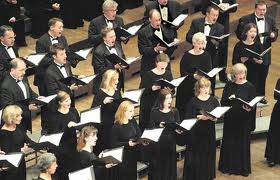 An interesting question came up over tea this morning with Helene Whitson, the creator of the useful and exhaustive
An interesting question came up over tea this morning with Helene Whitson, the creator of the useful and exhaustive